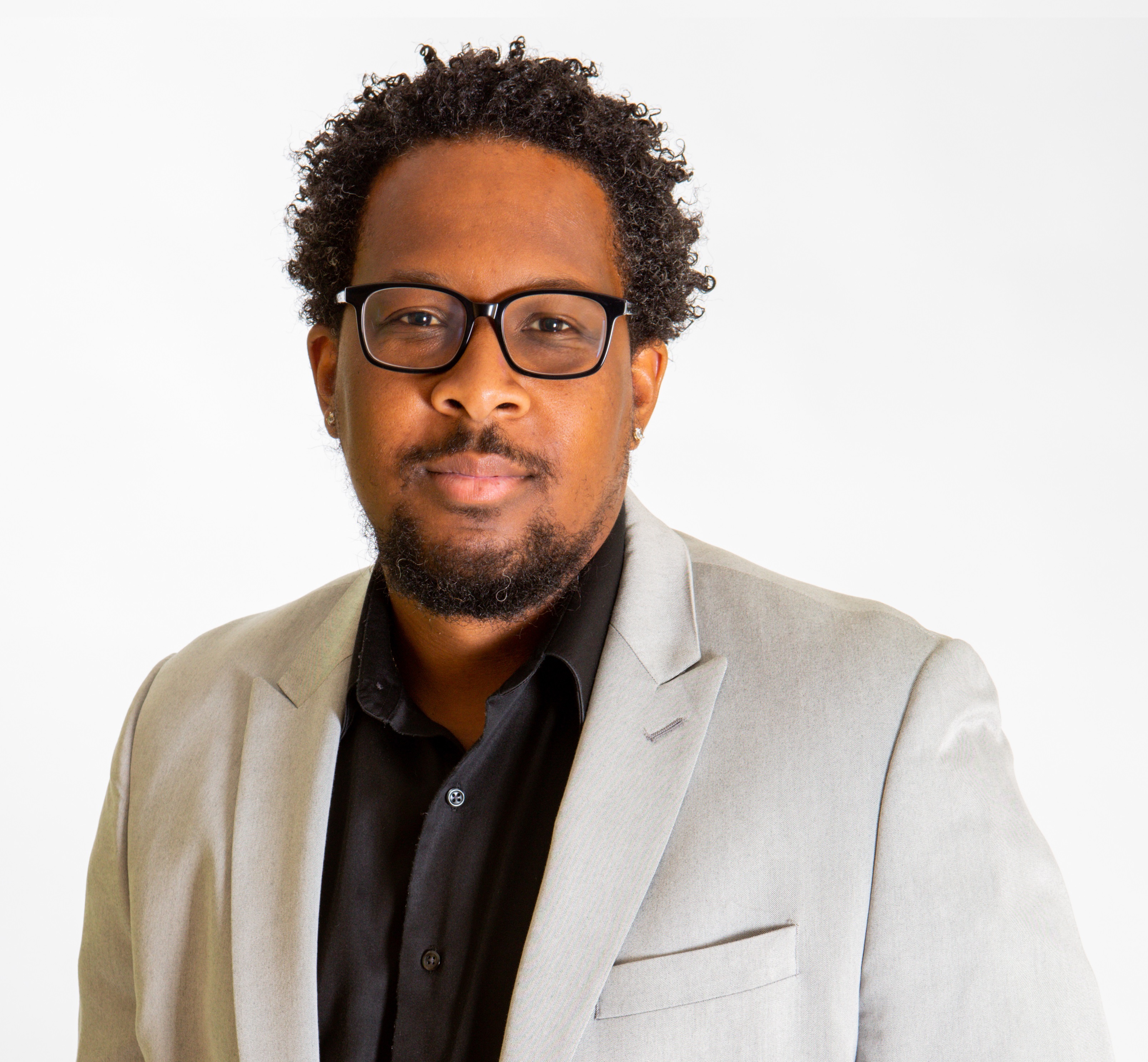
Lively After-School Program Makes Remote Activities Work

Some of the best times I had as a student were during after-school programming. Whether at my school or at a local nonprofit agency, they provided me with a safe place to get my work done, spend time with friends, and participate in activities unavailable during the traditional school day.

Rann Miller (Courtesy photo)
I now serve as director of a 21st Century Community Learning Center for a school district in southern New Jersey. Most of the students we serve are economically disadvantaged and are Black and Latinx. I’ve been proud to have the opportunity to contribute to providing a safe and enriching environment for students similar to the places I attended growing up.
This year, though, it wasn’t clear whether the coronavirus pandemic would keep us from helping students. In a normal times, we see 125 to 150 students every day, offering courses ranging from cooking to engineering to college test prep, plus physical fitness programs, such as yoga and intramural sports. Our campus is lively during the school day, but it is even more so after school.
Since COVID has quieted the halls of our building, we agreed to continue our program remotely — not knowing if it would work. Could we provide students with an authentic experience close to what they’d receive in person? Virtual instruction has posed challenges during the regular school day, and we knew it would be a challenge for us as well.
But the virtual mode we’re in has provided us with a level of flexibility that has allowed our program to thrive even under the strain of a pandemic. We adapted, and we’re making it work. Here’s how.
Spicing up our offerings. One challenge we had to overcome this year was our inability to offer any in-person sports activities for our students during the pandemic. In the past, we’ve had several intramural sports programs, in addition to weight training and exercise opportunities. These were our most popular programs.
We’ve pivoted. Similar to master classes offered by celebrities, we now offer students master classes in baking, yoga, survival techniques, public speaking, and drama. During the semester, our students are learning to tap into their entrepreneurial aspirations as well as engage in self-care.
We’ve also added e-sports opportunities. Students have joined an e-sports league and get to play first-person games for prizes and rewards. For those of our students who are more interested in creating games of their own, we started a video game and coding class where they can learn how.
Adjusting start and end times. When held in person, after-school programs begin immediately after school (at 3 p.m.) and end roughly at 6 p.m. However, with many schools running on hybrid or remote-only schedules, there is a chance to start and end a little later, making it easier for students and instructors to participate. If a particular activity is best scheduled from 4–7 p.m. run it then.
This may be particularly beneficial to programs serving mostly high school students, and in remote-only districts, which are more often districts where Black, Latinx, and low-income students are in the majority. While our program has yet to implement this strategy, it remains an option for us.
Partnering with other programs or program sites. Our district runs program sites at two schools. But because the schools are 25 miles apart, students from the schools typically don’t interact with each other after school. However, running our program remotely gives us the opportunity to have students from both schools take programs together and engage with each other. It’s improved the liveliness of our programs and has built camaraderie among the students.
Getting students to attend and participate in a virtual program right now is tough. Students may be dealing with fatigue from all the Zoom calls or Google Meets. So finding ways to change things up and introduce your students to new peers — by collaborating with another site in your district, a school outside of your district, or an organization that hosts an after-school program like the 21st Century Community Learning Center, may be an option worth considering. If you can’t collaborate, just speaking with other after-school providers can offer insight on how you can make your program better during the pandemic.
In normal times, after-school programs help students in all sort of ways — lowering truancy rates, keeping children safe, and keeping them out of trouble, in addition to giving parents peace of mind about their children while they are at work.
Now, students’ and families’ needs might be a little different. But it’s still vital that students have opportunities for leisure, learning, and gathering with each other outside of school in ways that foster good habits. Here is where after-school educators, if we’re innovative and open-minded about what opportunities we offer to students, can keep them engaged, learning, living, and loving.
Rann Miller directs the 21st Century Community Learning Center, a federally funded after-school program located in southern New Jersey. His writing on race, education and politics has also been featured in Hechinger Report, Education Week, and the Grio.
Chalkbeat is a nonprofit news site covering educational change in public schools.

